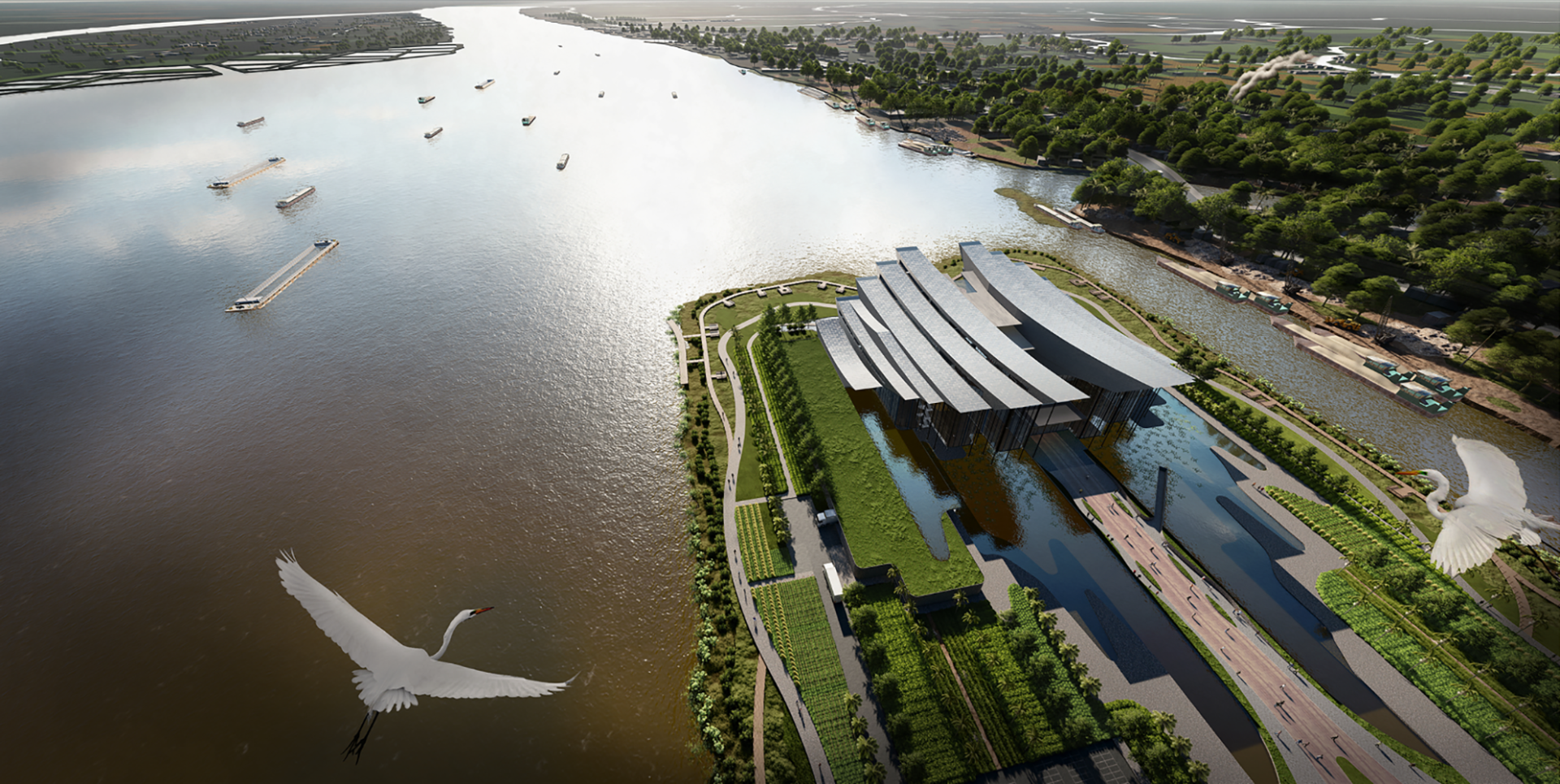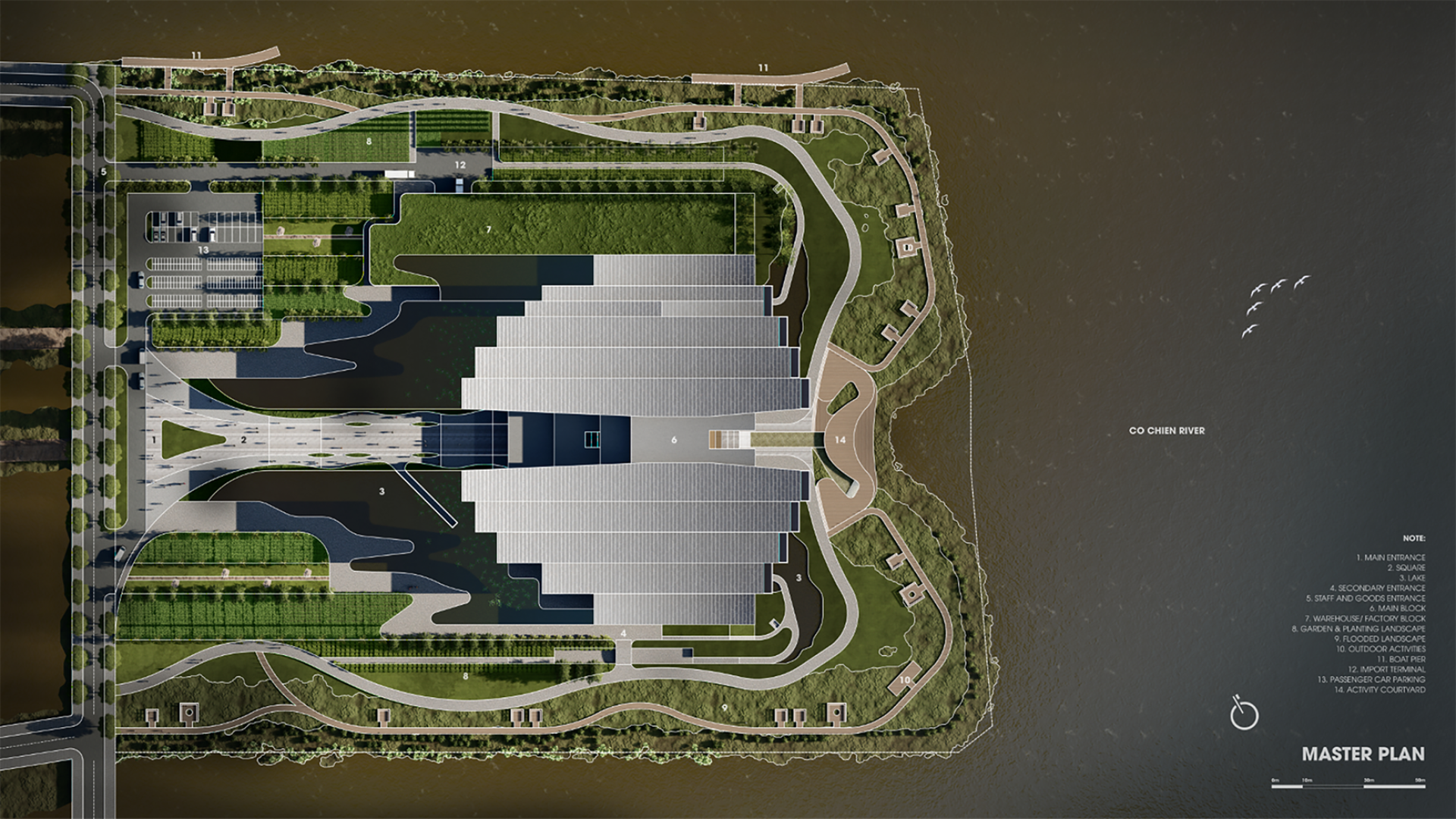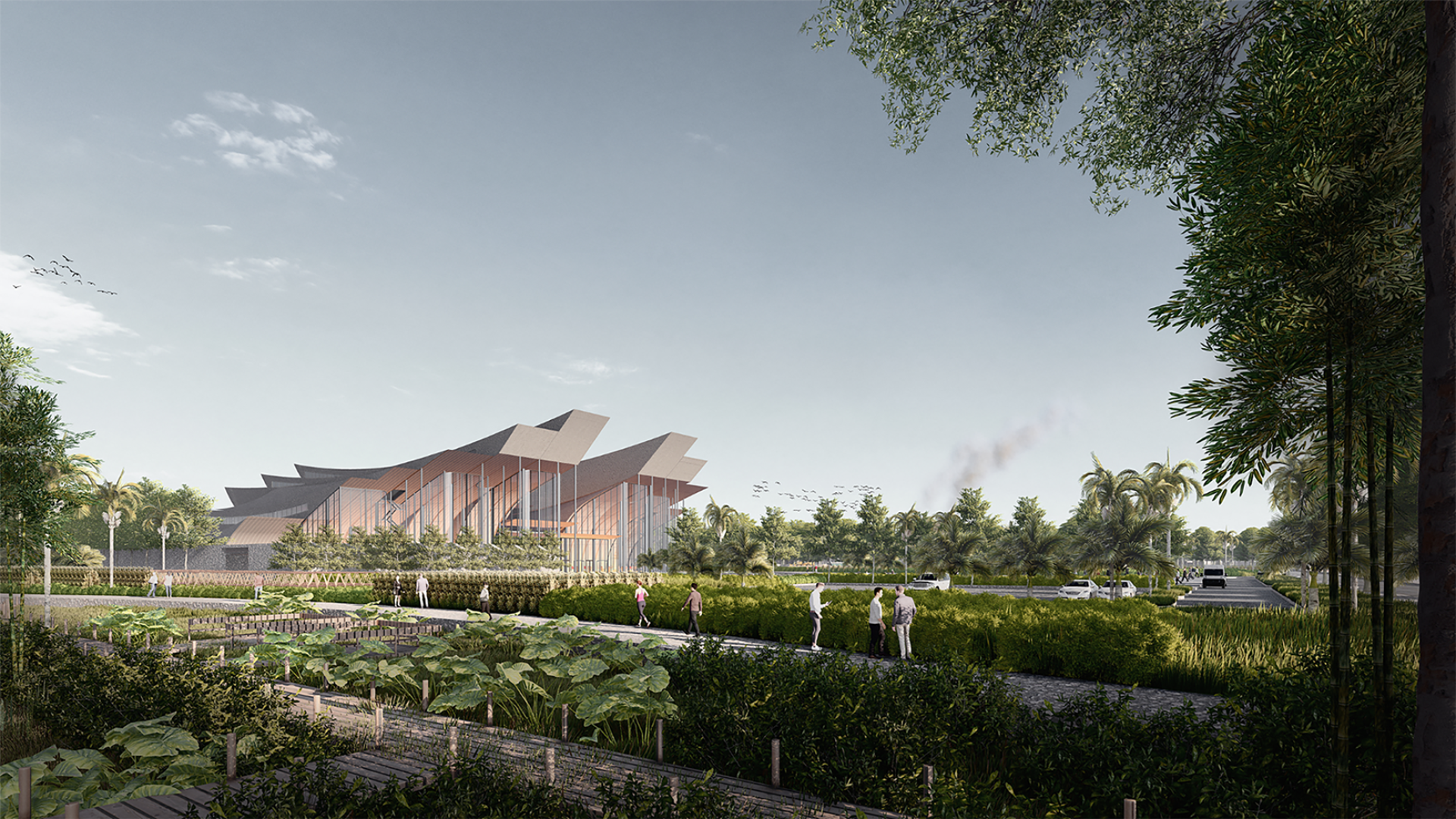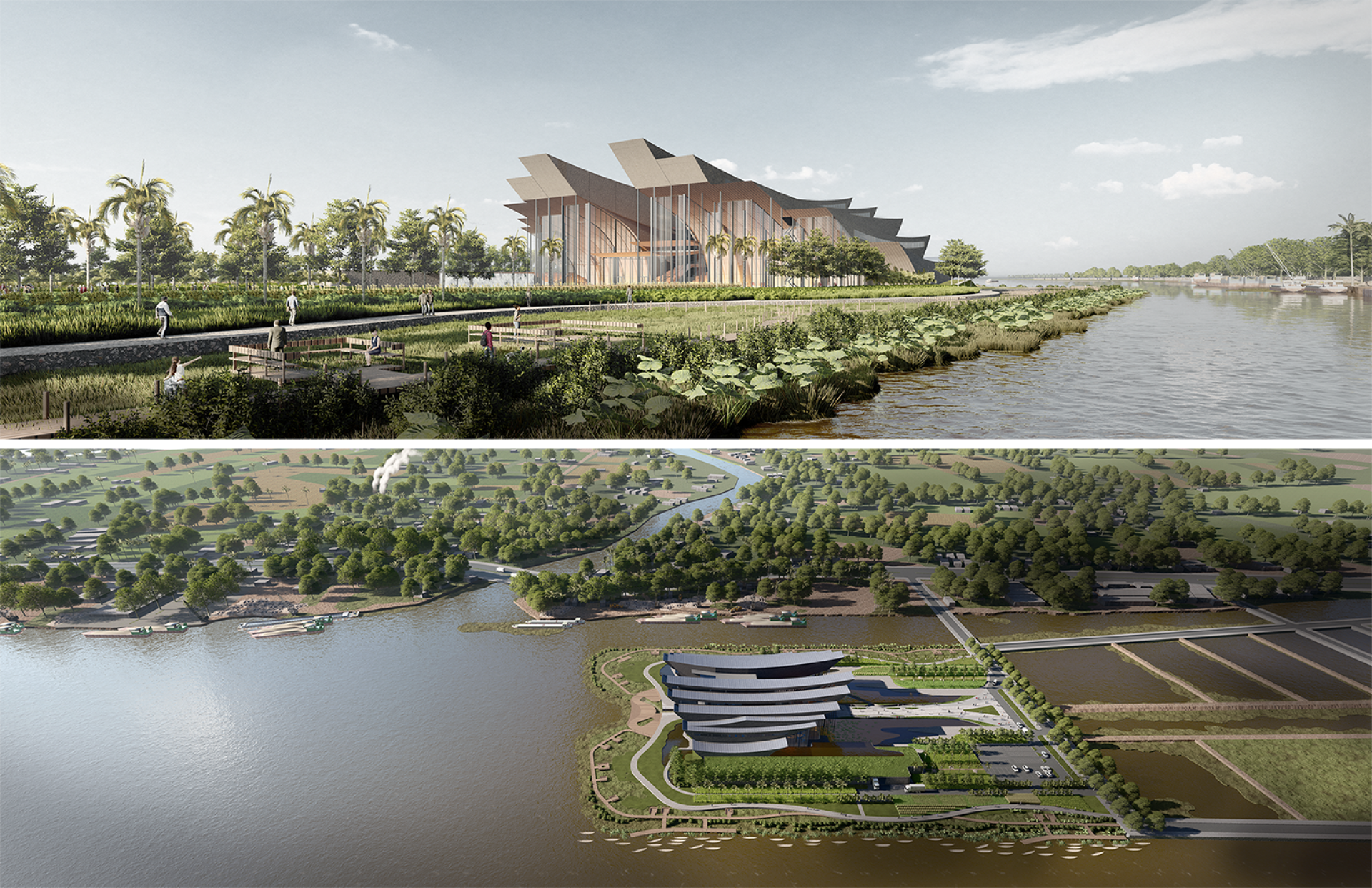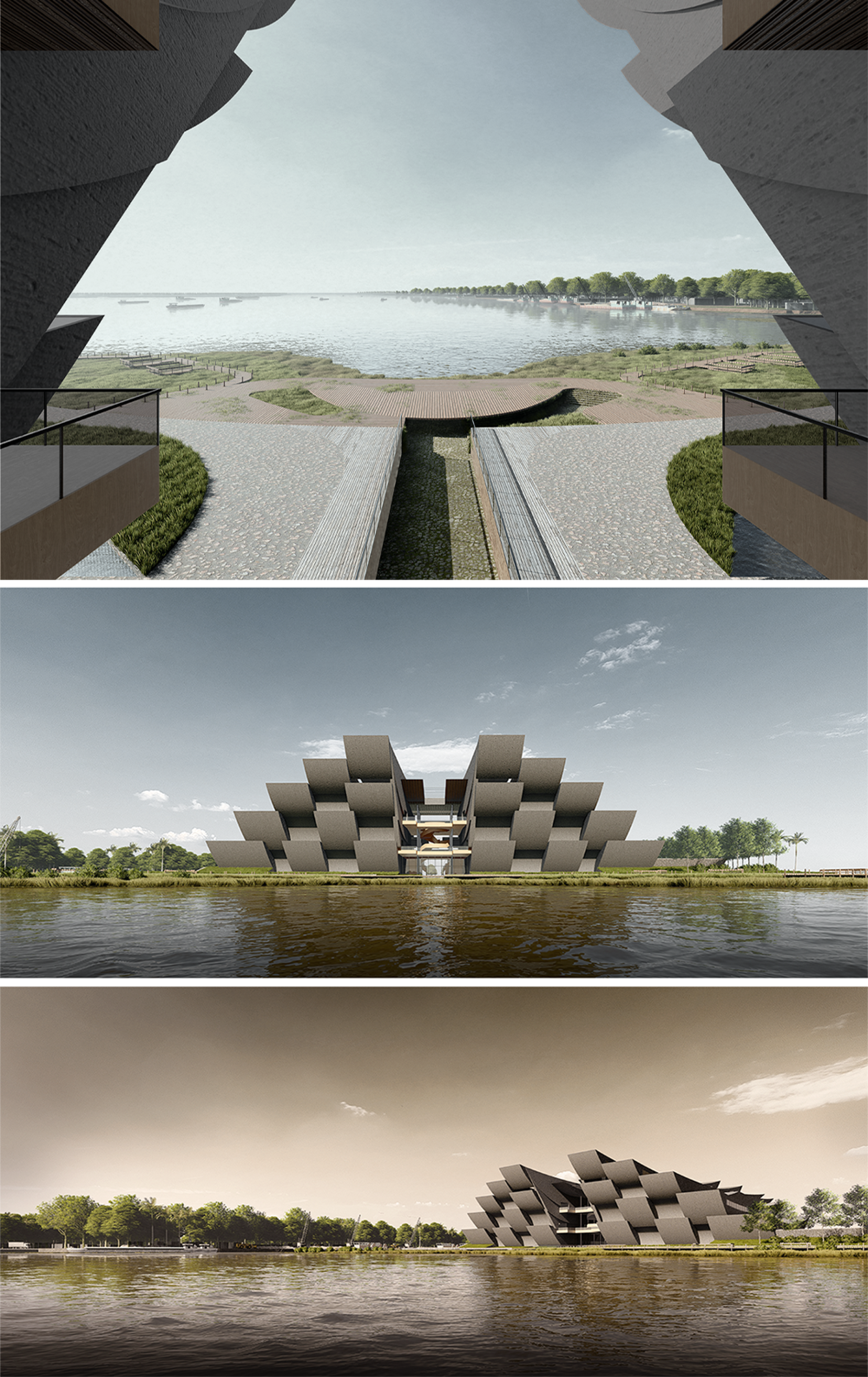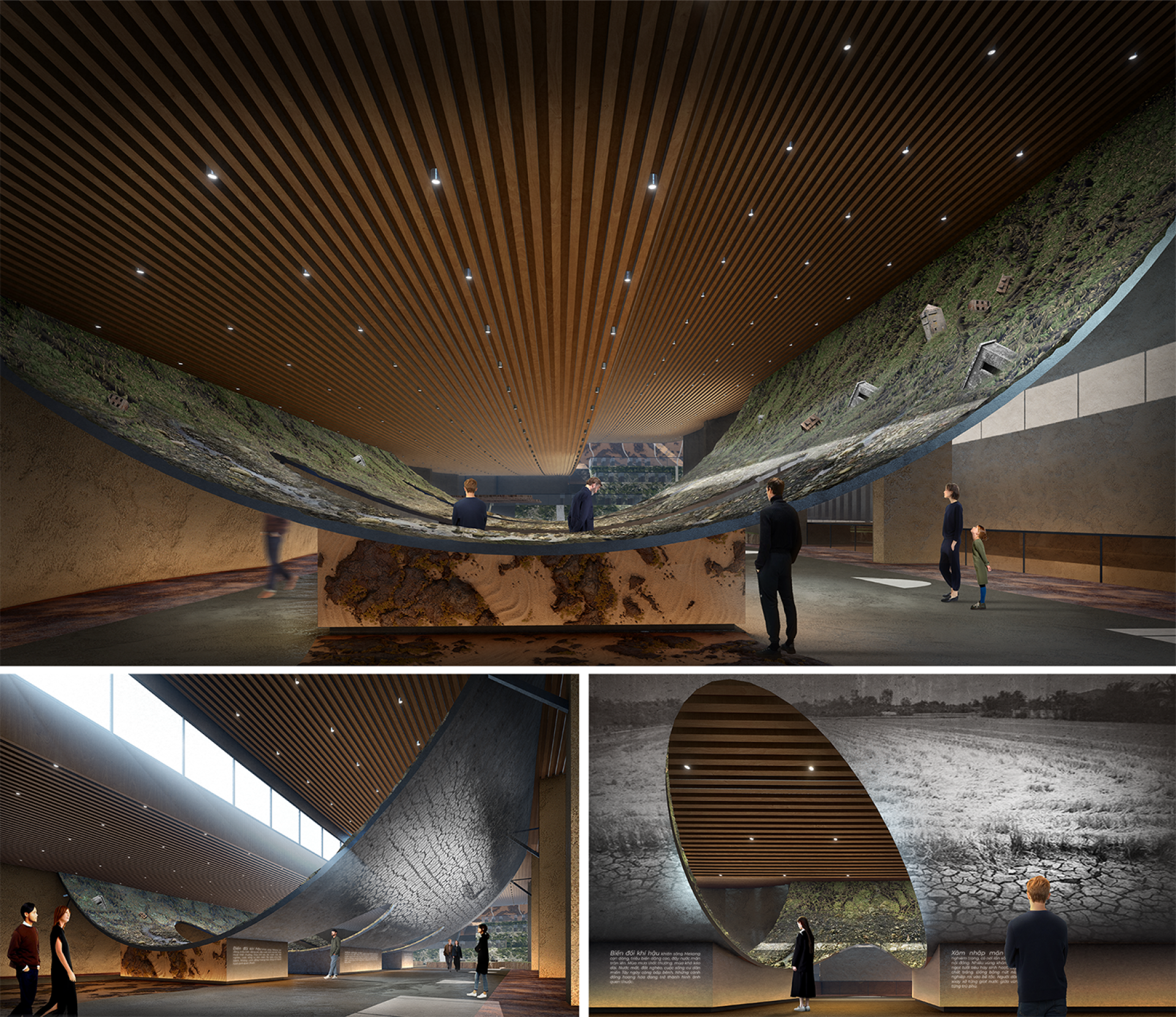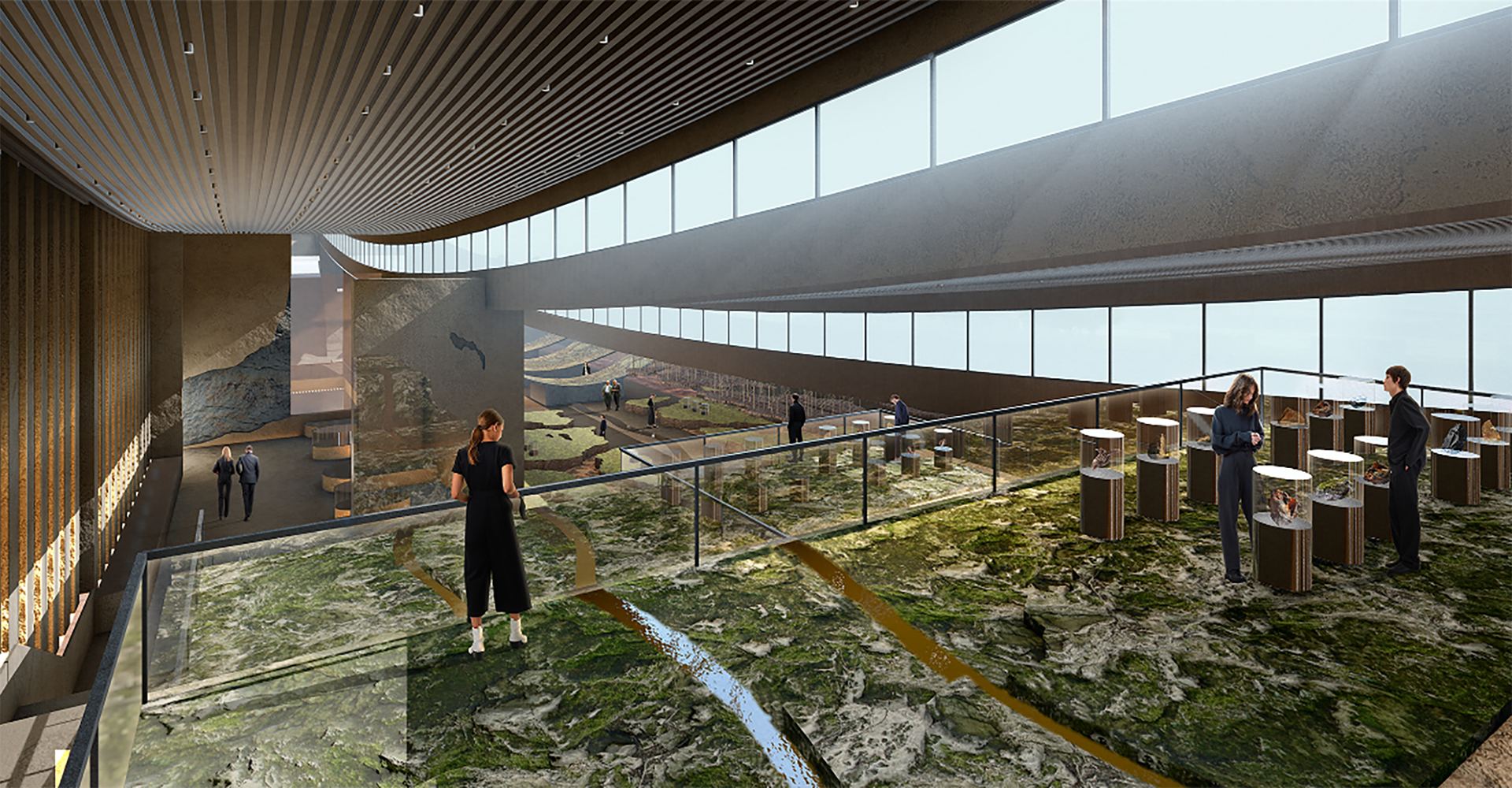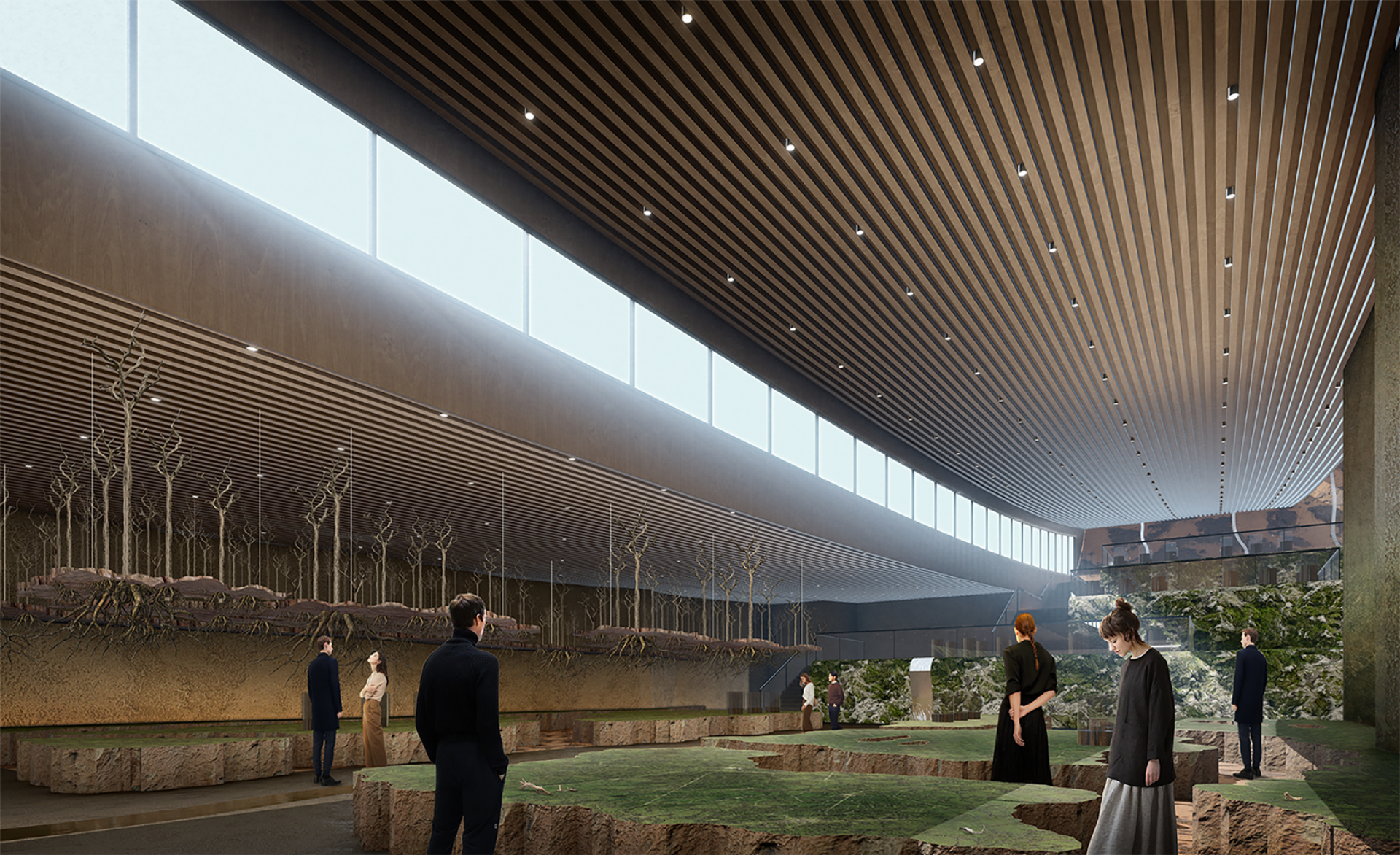2025 | Professional
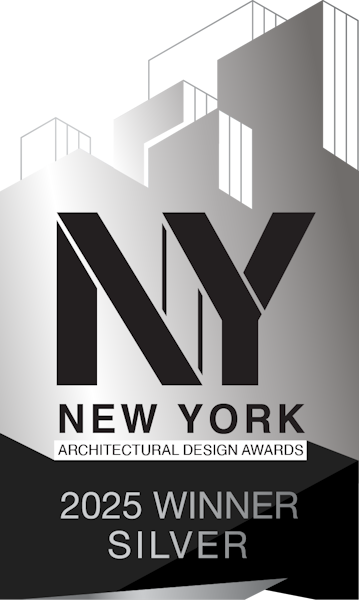
THE GEOLOGICAL MUSEUM OF THE VIETNAMESE MEKONG DELTA
Entrant Company
University of Architecture Ho Chi Minh City
Category
Student Design - Cultural Architecture
Client's Name
Everyone
Country / Region
Vietnam
The Mekong Delta, Vietnam – for generations, has been a place where people have lived closely connected to the alluvium and rhythm of the river. Here, the land is not only the foundation for construction, but also a place to preserve memories, a form of living heritage of this land.
However, over time, I have begun to witness increasingly obvious changes. Climate change, landslides, salinity or ecological imbalance… all are gradually eroding this fertile delta. And in that context, recording, preserving and recreating the process of forming this land has become an urgent matter. Not only is it the role of an architectural work, but also a reminder – of the relationship between humans and their own living environment.
The Mekong Delta Geological Museum was formed from that need. This project is not simply a place to display artifacts, where each layer of geological strata becomes a language, and alluvium becomes a material for people to better understand the place they live. Through the museum, the journey of thousands of years of land formation will be looked back on.
The idea of creating the shape comes from the image of a strong alluvial flow from upstream to downstream, then tends to flare to form the appearance of this delta. That is the reason why the block of the project has a curved shape that gradually slopes from high to low and when viewed from above, it tends to expand later. The project is divided into small blocks that gradually level down. Looking from the side elevation, each curve can be seen as layers of alluvial sediment that accumulate to form the delta land here.
On the overall plan, the main block is located at position 1/3 to emphasize the forward sliding. The front square and the back yard are connected through a radial axis and a large lake in front of the building. The warehouse/factory block is ordered to one side with the least interaction with the remaining river bank, the walkways are arranged around on different elevations to increase interaction for users.
Credits
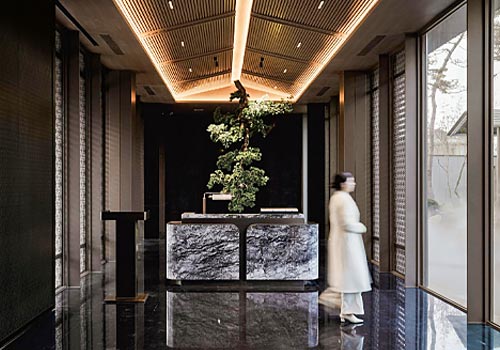
Entrant Company
Hangzhou Heyi Space Design Co., Ltd.
Category
Interior Design - Commercial

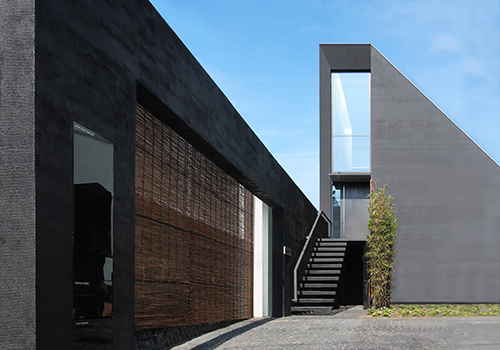
Entrant Company
NOBUAKI MIYASHITA / MR STUDIO Co.,Ltd.
Category
Residential Architecture - Single-Family Homes

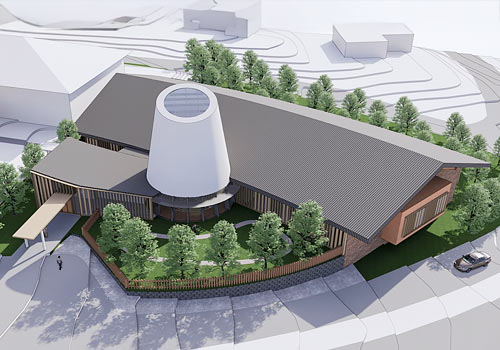
Entrant Company
Bing Xue
Category
Institutional Architecture - Healthcare Facilities

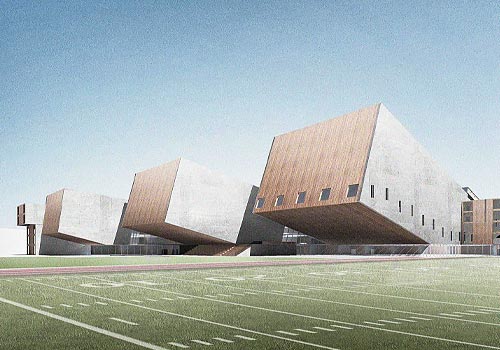
Entrant Company
Tsun Yi Lam
Category
Conceptual Design - Education

